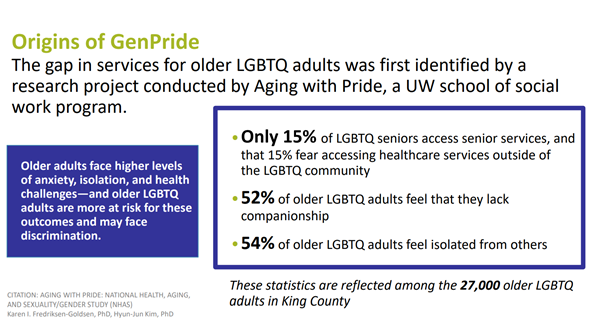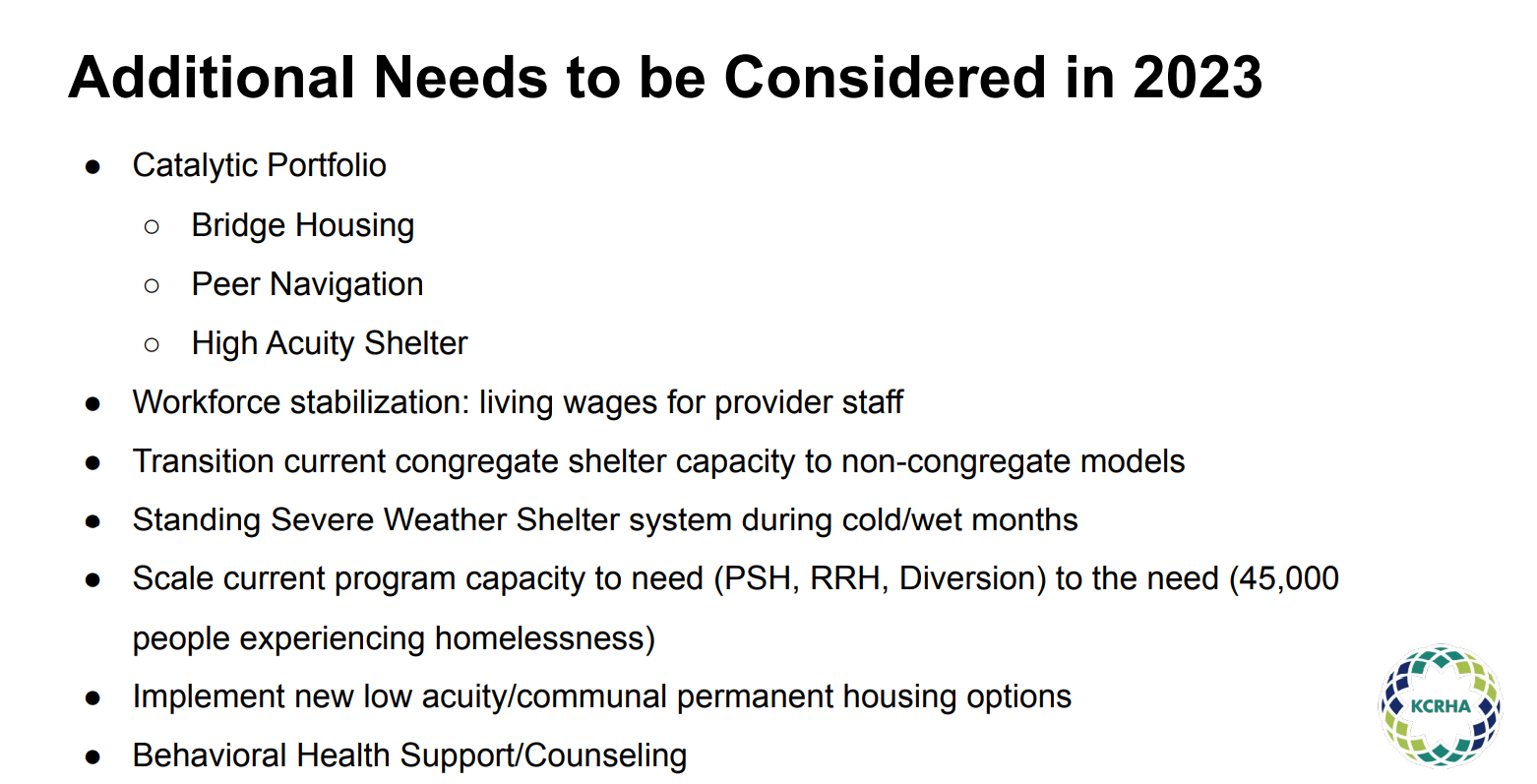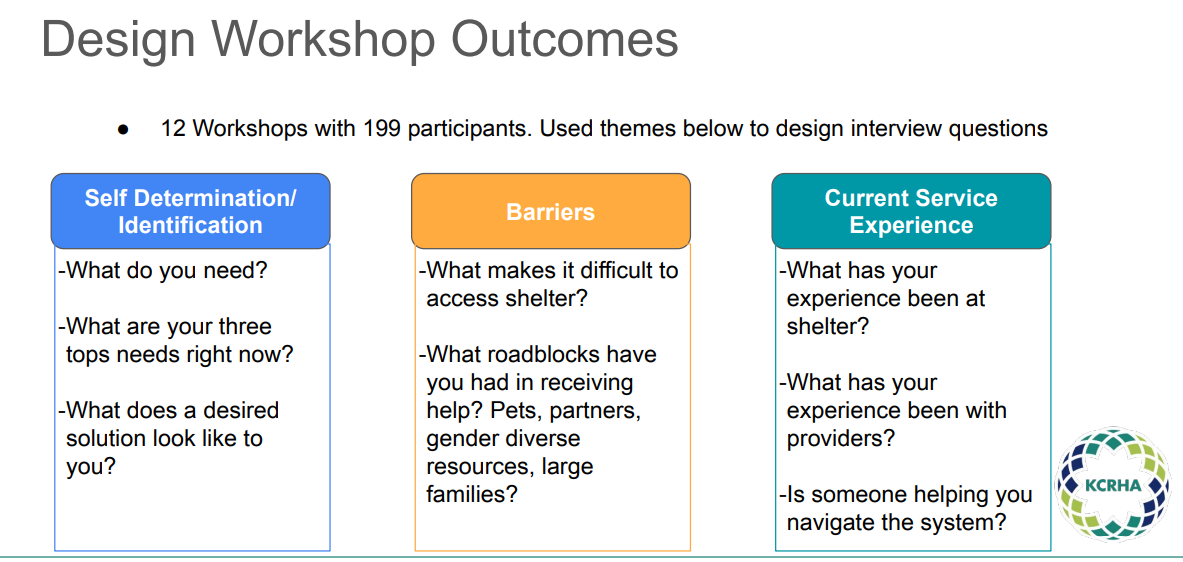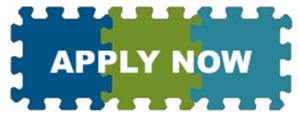West Seattle Bridge Update; Seattle Transportation Plan Update; Water Outage Planned March 22/23 in South Delridge; State Legislative Agenda; Groundbreaking at Pride Place, Senior Housing for LGBTQ+ Elders; It’s Budget Time Already at the Regional Homelessness Authority; Delridge Expansion of Seattle Preschool Program – Apply Now
West Seattle Bridge Update
On Tuesday March 15th, Teamsters Local 174 concrete mixer drivers offered to return to work at three locations: Salmon Bay Sand & Gravel, Cadman Seattle, and Lehigh Cement.
Their statement recognized the importance of the West Seattle Bridge repair; I thank them for noting this. The companies responded, noting they needed five days to reinstate the mixer drivers.
The City’s contract language for public works projects like the West Seattle Bridge gives contractors autonomy to select concrete suppliers. Kraemer North America has already reached out to all three of the companies.
Since November, Kraemer North America, the contractor for the West Seattle Bridge repair project, has made the decision to honor the strike and not find another way to get the concrete. This is both because of the safety concerns with sourcing concrete from other suppliers and because there are a number of other construction unions who have taken a position of solidarity with Teamsters 174. Had Kramer North America made a different decision, we could see other workers walking off the job, such as the Carpenters and Ironworkers.
The West Seattle Bridge program requires specialized concrete, capable of holding more than 20 million pounds of force and sustaining its strength for decades. This is different than the kind of concrete that is needed for a street or sidewalk, which does not need to hold up to the same kinds of force.
Kraemer has reached out to all the concrete suppliers to determine who can supply the special type of concrete needed for the West Seattle Bridge and other details about timing and logistics.
Work on the bridge is continuing every day, and there are several concurrent construction efforts underway, including:
- Filling existing cracks with epoxy injections
- Increasing the strength of the bridge using carbon wrapping
- A variety of other activities like core drilling for the post-tensioning system.
- Limiting future cracking by strengthening the bridge’s post-tensioning system. This system will ultimately require concrete and cannot move forward until concrete is poured and cured.
The sequencing of some other work has been adjusted to enhance the ability of continuing other work that can be done without the concrete.
Seattle Transportation Plan Update
SDOT is beginning work on a new Seattle Transportation Plan.
The City Council’s Transportation and Seattle Public Utilities Committee held a briefing and presentation about this on Tuesday the 15th.
One goal of the plan is to integrate, and replace, the various “modal” master plans, of which there are currently four: Transit, Bicycle, Pedestrian, and Freight. The various plans are at SDOT’s Transportation Planning page. Some plans have annual implementation plans; during the committee discussion I asked about what SDOT plans to replace that with; that is to be determined.
Work is planned to continue through summer of 2023, when the plan will be completed, with three phases of public engagement, starting in Spring through Fall of this year.
You can take a survey and sign up for e-mail updates at the Seattle Transportation Plan webpage. The survey is available in several languages.
Below are links for the plan in several languages:
አማርኛ • اَلْعَرَبِيَّةُ • 繁体字 • 日本語 • ភាសាខ្មែរ • 한국어 • ລາວ • Oromiffa • русский язык • af-Soomaali • Español • Tagalog • ภาษาไทย • ትግርኛ • Tiếng việt
During the 2022 budget process, the Council approved a budget action requiring SDOT to provide a workplan explaining how the Pedestrian, Bicycle, Freight and Transit Master Plans will be integrated into one citywide plan. Another provision of the budget action required SDOT to report on an outreach plan; they have, and it includes outreach with community-based organizations, including the Duwamish Valley Sustainability Association and other groups.
In addition, the Office of Planning and Community Development is working on an update to the Citywide Comprehensive Plan. Coordination of these efforts is critical.
Water Outage Planned March 22/23 in South Delridge
Between 9 p.m. on March 22 and 6 a.m. on March 23, SPU will be performing work on a water main in parts of Westwood, South Delridge and White Center. This will entail temporarily shutting off water access for residences between Barton and Roxbury between 15th and 26th, as well as some blocks to the south of Roxbury, some of which are in White Center (here’s a link to the Seattle City limits map in case you’re interested, where you can see a small segment between Roxbury and SW 98th is part of Seattle).
The map below is from SPU’s Water Outages page, which lists planned outages, and shows where this outage is planned:
Here is advice for SPU for affected residents:
Here are some ways you can prepare for the upcoming water outage:
Before the water outage:
- Fill pots on the stove with water for cooking.
- Fill a couple of buckets with water for washing.
- Fill potable water containers for drinking.
- Fill bathtubs with water and use buckets to flush toilets. A toilet will flush when approximately a gallon of water is dumped into the bowl.
During the water outage:
- Try not to operate the water faucets. This will prevent air from entering your plumbing.
According to SPU, planned water outages are sometimes needed to keep Seattle’s regional drinking water system flowing with clean, safe, and reliable water to the more than 1.5 million people we serve.
SPU’s Water Outages page has additional information, or you can call (206) 684-5800.
State Legislative Agenda
In addition to the gun control legislation the State Legislature adopted and that I wrote about in a previous newsletter, here are some other bills that were included in the city’s State Legislative Agenda and that I lobbied the legislature for, that passed.
Catalytic Converter Theft
l worked with SPD and the City’s Office of Intergovernmental Relations to include in the City’s State Legislative Agenda to address catalytic converter theft:
“We support action to address the theft of catalytic converters, including repealing state’s preemption of the regulation of scrap metal processors.”
HB 1815 passed and was amended to include elements of some of the other bills. Here’s the final bill report, which includes:
- A requirement for scrap metal businesses to provide photo ID and street address for a transaction involving a catalytic converter, and to document the catalytic converter in the seller’s possession is from a vehicle registered in the seller’s name
- A three-day waiting period for payments above $30, and no more than $30 may be in cash;
- Violations are punishable by $1,000 fine per catalytic converter; 10% of the funds go to a “no–buy” list
- A catalytic converter theft work group to make recommendations for changes to state law to target illegal purchasers and sellers, strategies for development and maintenance of relationships between local law enforcement agencies and licensed scrap metal recyclers, with a focus on deterring unlawful purchases and identifying individuals suspected of involvement in unlawful metal theft.
Legal Financial Obligations
In addition, SHB1412 passed in this year’s Washington State Legislative session. This bill relates to the imposition of Legal Financial Obligations (LFOs). As a recent Seattle Times editorial explains, new and existing research on legal fines and fees illustrate the high social and economic costs of LFOs and show that such policies are badly in need of reform. HB 1412 establishes standards to reduce legal fines and fees.
In July 2020, my Public Safety and Human Services Committee heard the recommendations in Dr. Alexes Harris’s Legal Financial Obligation report that:
“We suggest that Seattle Municipal Court engage in a broader penological discussion with judges and stakeholders in Washington State about the aim of sentencing and citing people for law violations. What is the aim of sentencing fines and fees to people who violate laws? Is there a way to hold people accountable for violations even when they cannot afford the fines and fees? Are there alternatives to LFO sentences that could possibly improve public safely and to hold people accountable?”
And: “We suggest justice officials work collaboratively to further public safety and enforce a penalty structure that does not lead to racial and economic inequalities such as long-term debt burdens and increased likelihood of incarceration.”
These recommendations led to the inclusion of this issue as a priority in the City of Seattle’s State Legislative Agenda: “The City supports providing low-income Washington residents with relief from Legal Financial Obligations (LFOs).”
Under the leadership of Presiding Judge Gregory, Seattle Municipal Court (SMC) eliminated all discretionary legal financial obligations (LFOs) for criminal cases in September 2020. In addition SMC consistently suspends or waives criminal fines/fees for individuals who are indigent. As I promoted in my newsletter last month, SMC has also launched a debt reduction calendar to support low-income individuals with unpaid Seattle tickets.
The court has actively supported Seattle City Council initiatives related to understanding the impact of legal financial obligations including conducting a fine and fee inventory as part of the Seattle Reentry Workgroup, collaborating with Seattle Office of Civil Rights to support Dr. Harris’ 2020 report on monetary sanctions in SMC, and they are actively working on SLI SMC-001-A-002 requesting the court report on all fines and fees imposed on court-involved individuals and analyzing associated disproportionality.
I thank the State Legislature for their work reforming LFO policy and I also commend the SMC for leading the way by not only reforming its own LFO policies, but participating in statewide efforts to address the impact of LFOs on low-income individuals across the state, including the Washington State Supreme Court’s Minority and Justice Commission’s LFO Committee. They have provided data and analysis on SMC fines and fees to support the Washington State Institute for Public Policy legislatively mandated effort to understand the imposition of LFO’s across Washington State as well as the Washington State Budget and Policy Center’s work with the Vera Institute to understand non-restitution LFO’s.
Groundbreaking at Pride Place, Senior Housing for LGBTQ+ Elders
It’s been a long time coming, but Seattle is on its way to its first affordable housing specifically designed for LGBTQ+ seniors. Pride Place broke ground in Capitol Hill last fall after years of community advocacy and Council action to support it. Rents will be affordable to households earning 30% to 60% of the Area Medium Income.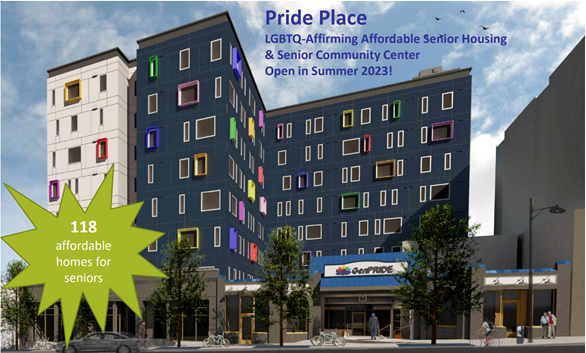
Planned services include…
- Affordable meals for seniors with an on-site community kitchen and dining space
- Improve wellness, support, and social network to combat health challenges and isolation by providing recreational, educational, and an on-site health services center
- Caregiver support, case management, LGBTQ-friendly referrals
- Facilitate intergenerational LGBTQ mentor and chat programs
- Trans-specific referrals and support
- Train regional senior centers and housing providers on how to include culturally competent care in an LGBTQ-affirming environment
- Serve older LGBTQ adults and their families in King County and beyond
A brief history of the long path toward Pride Place:
- A 2015 report found that across every Census division in the U.S., Seattle had the least developed services for LGBTQ older adults and their families. And unlike most large cities, we are also running behind on developing housing for LGBTQ seniors.
- In April of 2016 Council passed legislation that put the Housing Levy on the November 2016 ballot – and specifically called out LGBTQ seniors as a priority population.
- Capitol Hill Housing (now Community Roots Housing) applied for levy funds for LGBTQ senior housing in 2017, but that request was turned down.
- Undeterred, the community tried a new approach; and in 2018, Council approved funding for a housing needs study for low-income LGBTQ seniors. Over 500 people completed the survey, which called for creating an LGBTQ Senior Center, and affordable LGBTQ senior housing.
- Community Roots Housing and GenPride tried again, and secured $9.8M from the Office of Housing for Pride Place, which broke ground in September 2021.
I appreciate the community’s tenacity in pursuing this vision, and I was thrilled to welcome a presentation on the project at Wednesday’s Finance & Housing committee. You can view the presentation materials here, and watch the presentation here, at the 23:33‘ mark. Many thanks to Chair Mosqueda for inviting this presentation.
It’s Budget Time Already at the Regional Homelessness Authority
On Thursday, I joined the King County Regional Homelessness Authority (RHA) at its Governing Committee meeting, where we received a preview of the RHA’s 2023 budget. The presentation provided some information about the process they are using to develop next year’s budget and the strategies they hope to fund. You can view the full presentation here.
My colleagues and I will be asked to approve the RHA’s 2023 budget proposal by the end of April, before it is sent to the County and Seattle for consideration. I called for an additional meeting in April to review the budget proposal in depth, ask questions, and understand the strategies and outcomes the budget proposal supports. The RHA is still in its startup phase, and it’s important that the Governing Committee – and interested members of the public – deeply understand its first formal budget proposal.
The RHA also presented on its wholly unique approach to this year’s Point in Time count, a federally-required census of people living unsheltered and in temporary shelters in King County. RHA staff worked with the federal Housing & Urban Development (HUD) and University of Washington to create a unique methodology that will send qualitative researchers to encampments to ask residents what they need to find housing.
Delridge Expansion of Seattle Preschool Program – Apply Now
This week, Mayor Harrell announced that the award-winning Seattle Preschool Program will expand to Refugee & Immigrant Family Center Bilingual Preschool in Delridge, a Spanish/English program, and six other new sites around the city. Seattle Preschool Program provides preschool programming for up to 2,144 Seattle three- and four-year-olds, with free or affordable tuition and high-quality learning environments that promote kindergarten readiness.
Learn more, find other locations, and apply at seattle.gov/applySPP. Translated applications are available and additional language assistance is provided for those who need help completing the application process by calling DEEL at 206-386-1050 or emailing preschool@seattle.gov.
Posted: March 18th, 2022 under Councilmember Herbold, Education, Homelessness, LGBTQ, Police Department, Public Health, Seattle Public Utliities, Transportation
Tags: homelessness, Housing, KCRHA, LGBTQ, Schools, SDOT, transportation, West Seattle Bridge



